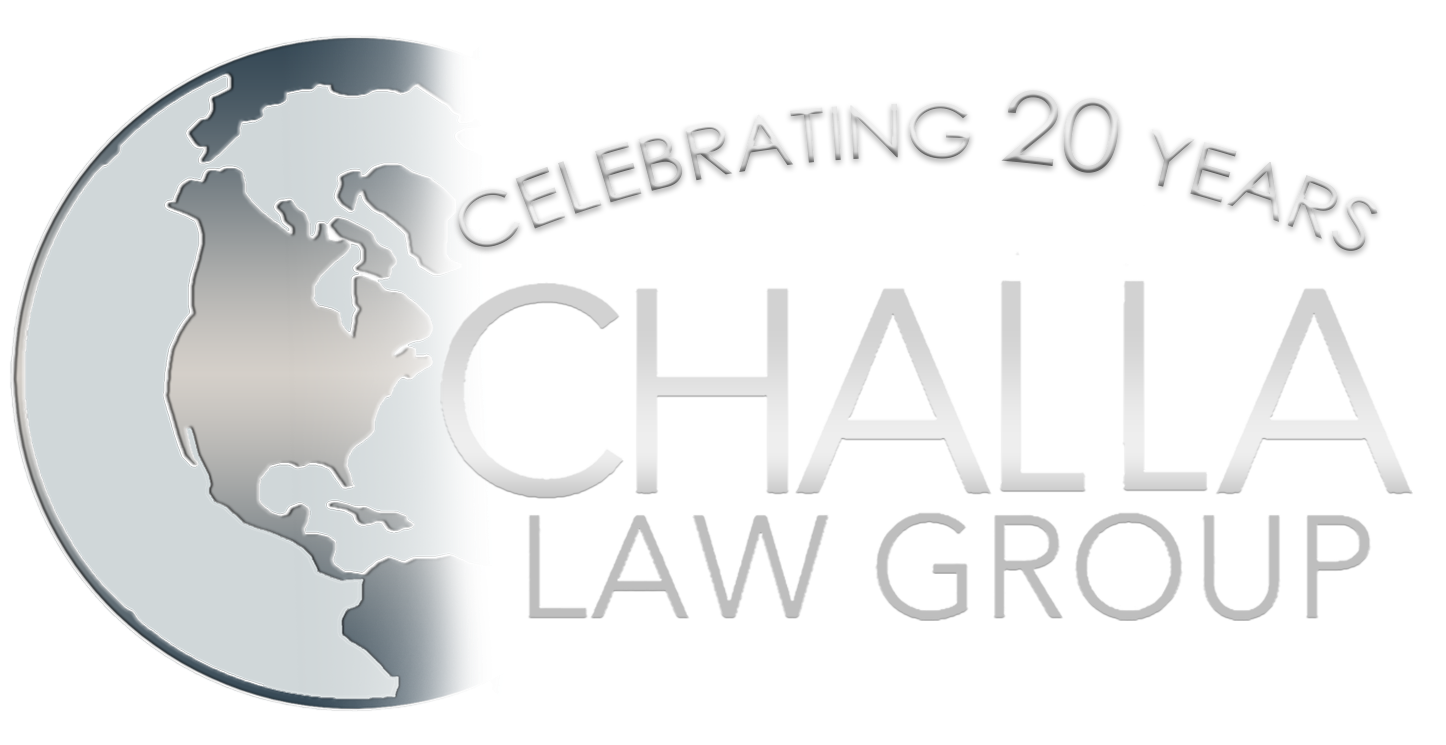DHS Expands STEM OPT Fields to Attract Global Talent
In order to maintain global competitiveness, the Department of Homeland Security has announced several policy guidance shifts to encourage those in science, technology, engineering, and mathematics (STEM) fields to contribute to the U.S. economy. DHS announced 22 additional fields of study that now qualify for the STEM Optional Practical Training (OPT) program going forward, which allows students to work in a field that is directly related to his or her degree. Related to that announcement, DHS also issued new guidance for how USCIS evaluates O-1A petitions for individuals of “extraordinary ability” in STEM fields, as well as how certain individuals may qualify for a National Interest Waiver (NIW) for employment-based permanent residence. This would allow certain noncitizens with advanced degrees or exceptional ability to petition for an employment-based category without obtaining certification from the Department of Labor. USCIS claims this will make it easier for individuals such as STEM graduates and entrepreneurs to obtain lawful permanent residence status.
From USCIS, 1/21/2022
DHS Expands Opportunities in U.S. for STEM Professionals: Department adds Twenty-Two New Fields of Study and Takes Additional Steps to Attract Critical STEM Talent
The Department of Homeland Security (DHS) today announced 22 new fields of study have been added to the STEM Optional Practical Training (OPT) program to enhance the contributions of nonimmigrant students studying in the fields of science, technology, engineering, and mathematics (STEM), and support the growth of the U.S. economy and innovation.
“STEM innovation allows us to solve the complex challenges we face today and make a difference in how we secure and protect our country,” said Secretary Mayorkas. “Through STEM education and training opportunities, DHS is expanding the number and diversity of students who excel in STEM education and contribute to the U.S. economy.”
The STEM OPT program permits F-1 students earning bachelor’s, master’s, or doctoral degrees in certain STEM fields to remain in the United States for up to 36 months to work in their field of study. Adding 22 fields of study will ensure the U.S. economy benefits from students earning degrees in the United States in competitive STEM fields. Information on the new fields of study will be communicated to schools and students through a Federal Register notice.
DHS is also updating and issuing new U.S. Citizenship and Immigration Services (USCIS) policy manual guidance. USCIS is updating guidance to clarify how certain STEM graduates and entrepreneurs can use the national interest waiver for employment-based immigrant visa classification as an advanced degree professional noncitizen or noncitizen of exceptional ability.
Certain noncitizens with an advanced degree or exceptional ability can self-petition for employment-based immigrant visa classification, without testing the labor market and obtaining certification from the Department of Labor, if USCIS determines the waiver of the labor market test to be in the national interest. The updated guidance clarifies how to use the program, making it easier for noncitizens with needed skills, such as STEM graduates and entrepreneurs, to embark on a pathway to obtain lawful permanent resident status in the United States.
USCIS is also issuing a policy manual update related to O-1A nonimmigrant status for noncitizens of extraordinary ability in the fields of science, arts, education, business, or athletics. This update explains how USCIS determines eligibility for O-1A petitioners and, for the first time, provides examples of evidence that might satisfy the criteria, including for individuals working in STEM fields.
The 22 new fields of study are bioenergy, general forestry, forest resources production and management, human-centered technology design, cloud computing, anthrozoology, climate science, earth systems science, economics and computer science, environmental geosciences, geobiology, geography and environmental studies, mathematical economics, mathematics and atmospheric and oceanic science, general data science, general data analytics, business analytics, data visualization, financial analytics, other data analytics, industrial and organizational psychology, and social sciences, research methodology, and quantitative methods.
Connecting with Challa Law Group
Send your resume to info@challalaw.com to determine whether you may be a good candidate for a waiver of the labor market test!
Join us on Wednesdays for a live webinar at 12 PM ET on critical immigration updates
Don’t miss out on the immigration news! You can sign up for our mailing list or follow us on Facebook, Twitter, Instagram, YouTube, or LinkedIn. You can also join our Telegram community.
Contact us at info@challalaw.com or 804-360-8482 to get your case started today.




